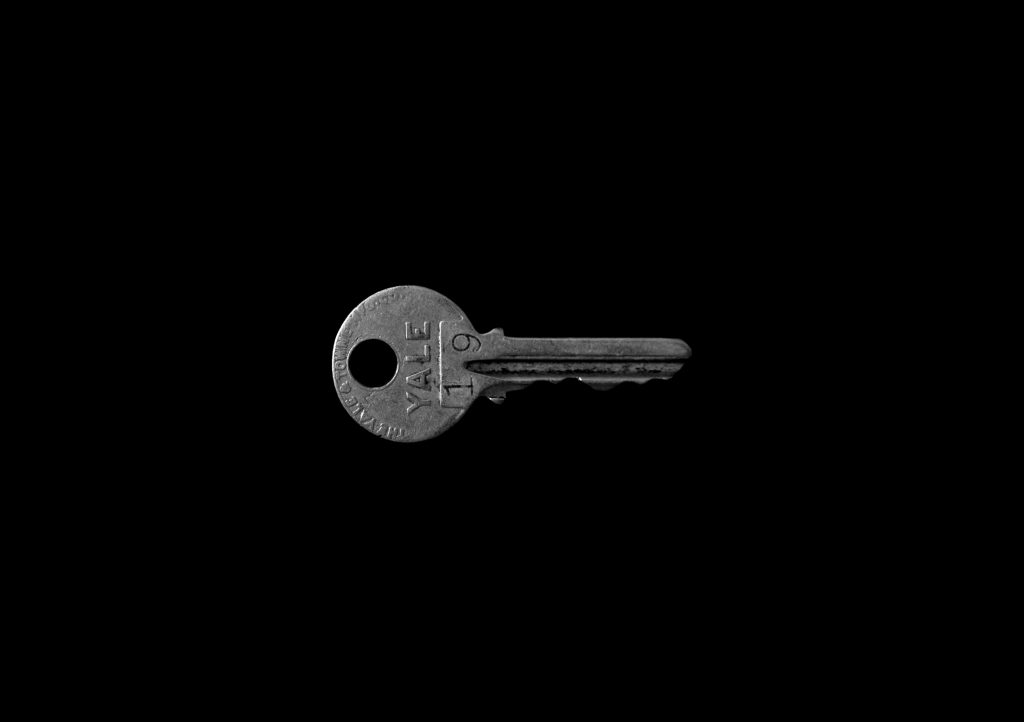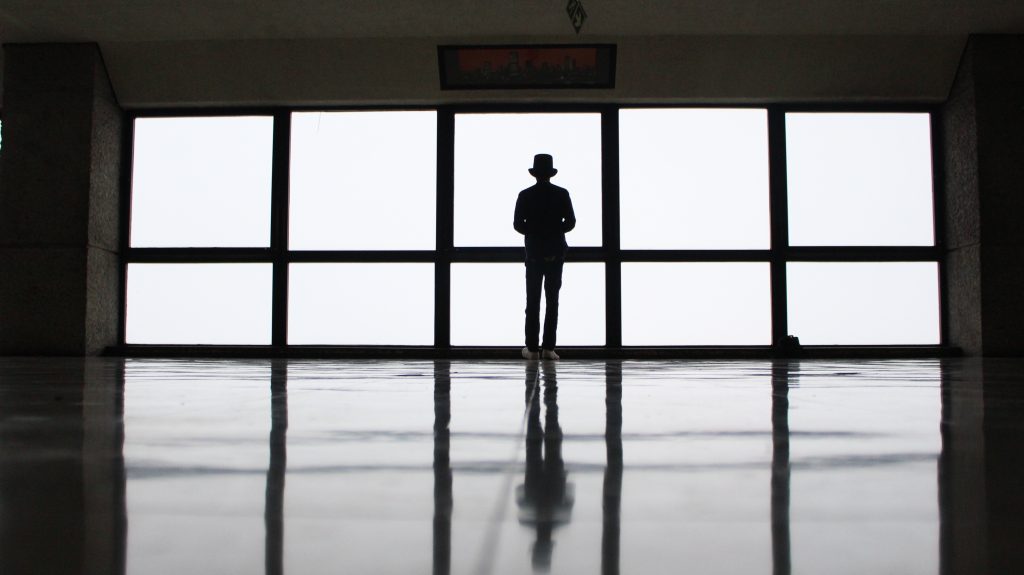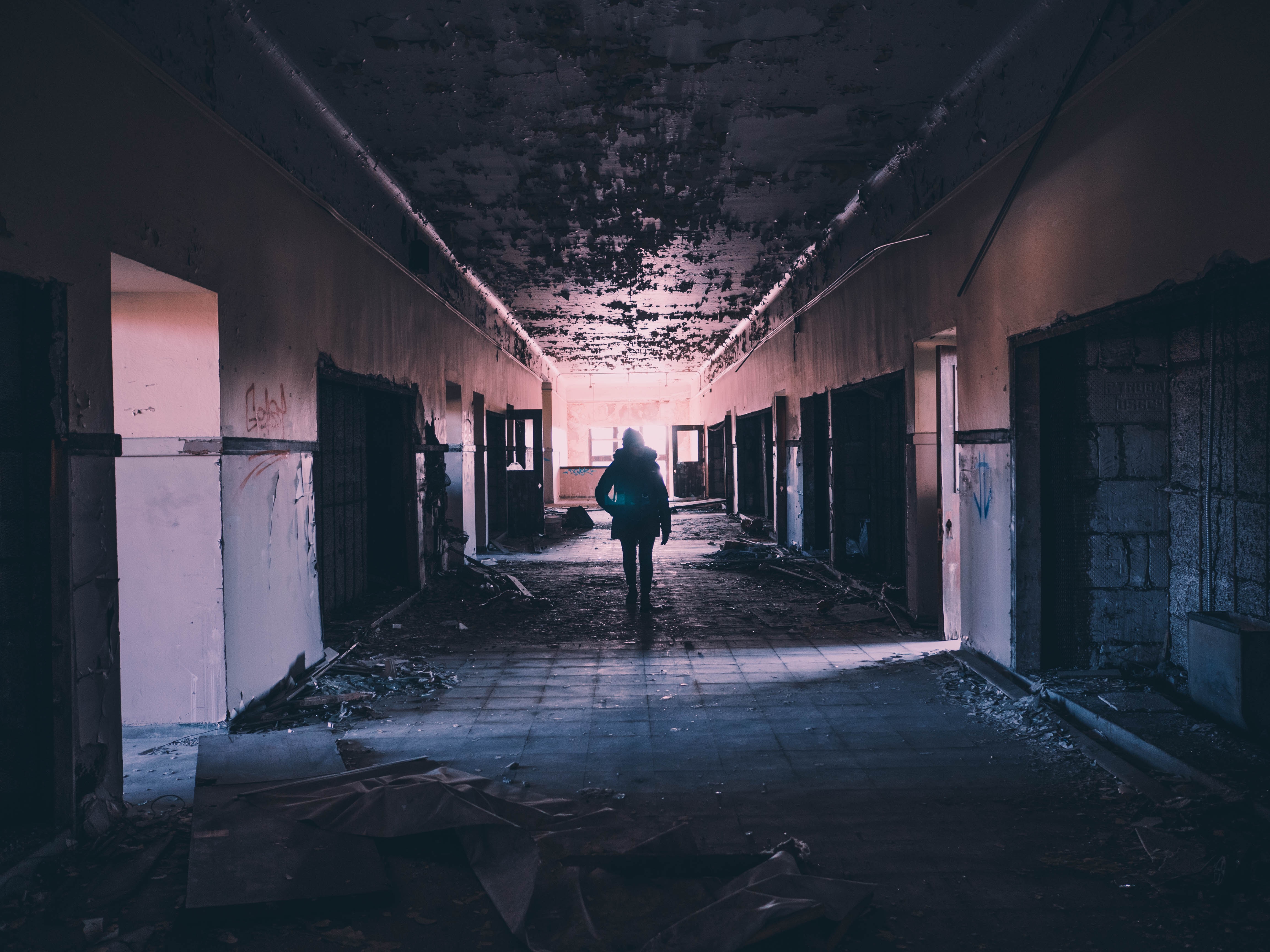The UK Joint Committee on Human Rights has launched an inquiry into the treatment of children in detention, following reports that unlawful restraint and solitary confinement are routinely inflicted on children.
In 2017, routine violations led the Chief Inspector of Prisons for England and Wales to conclude that, “there was not a single establishment that we inspected in England… in which it was safe to hold children and young people.”
We take a look at just what rights children in detention have, and if the government is doing enough to protect them.
Are Prison Officers Allowed to Physically Restrain Children?
 Image Credit: Matt Artz / Unsplash
Image Credit: Matt Artz / Unsplash
Yes, but physical restraint should only be used as a last resort, and only to prevent harm to the child and others. New ‘Minimising and Managing Physical Restraint’ guidance for prison officers was introduced in 2015, but these guidelines do permit inflicting deliberate pain on children in certain circumstances. Indeed, a year after the new guidelines were introduced, the Equality and Human Rights Commission reported that use of physical restraint against children was at a five year high.
There was not a single establishment that we inspected in England … in which it was safe to hold children and young people.
Chief Inspector of Prisons for England and Wales
Physically restraining a child can violate their right to be free from torture or inhuman and degrading treatment, as enshrined in Article 3 of the Human Rights Convention and Article 7 of the International Covenant on Civil and Political Rights. Article 19 of the Convention on the Rights of the Child also requires states to take all appropriate measures to protect children from violence, injury and abuse. The UK has signed and ratified all of these human rights treaties, and is therefore bound to comply with their terms.
When Can Children be Put in Solitary Confinement?
 Image Credit: Xopher Wallace / Unsplash
Image Credit: Xopher Wallace / Unsplash
In the UK, detained children can be put in solitary confinement, but only as a last resort and to prevent harm to the child and others. The UN Committee on the Rights of the Child, which monitors state adherence to the Convention on the Rights of the Child, has recommended that the UK stop placing children in solitary confinement altogether. Despite this, an estimated 38 percent of boys in detention have spent some time in solitary confinement, with reported stays of more than 80 days.
38% of boys have spent time in solitary confinement, some for more than 80 days.
Expert public health bodies, including the British Medical Association, the Royal College of Paediatrics and Child Health, and the Royal College of Psychiatrists, also object to solitary confinement. They argue that it can lead to “increased risk of suicide and self-harm” and “serious risks of […] long-term psychiatric and developmental harm”. The Howard League for Penal Reform also campaigns against the use of solitary confinement. In addition to the health risks, concerns have been raised that solitary confinement can be counter-productive and increase the likelihood that the detained individual will re-offend.
The Children’s Commissioner has argued that, when solitary confinement is used as a behaviour management measure, it must be used for the minimum period necessary, and that children should spend at least 8 hours per day out of their cell or room.
If correct procedure is not followed when placing children in solitary confinement, this may amount to a breach of the child’s human rights. Last year, the High Court ruled that a 16-year-old boy’s Article 8 right to respect for private life had been infringed when he was kept in solitary confinement for up to 23 hours a day and deprived access to educational activities.
What Happens Next?

Image Credit: Anna Utochkina / Unsplash
The Joint Committee on Human Rights is launching an inquiry into both issues – physical restraint and solitary confinement – and reviewing their compatibility with human rights law. The inquiry will address three key questions:
- Does the use of restraint and solitary confinement in detention lead to children’s rights being commonly breached?
- Does the guidance on restraint and solitary confinement comply with human rights law?
- Is the government doing enough to ensure human rights are respected in all detention facilities – public and privately run?
The Joint Committee is accepting expert written submissions on these issues until 21st May.







